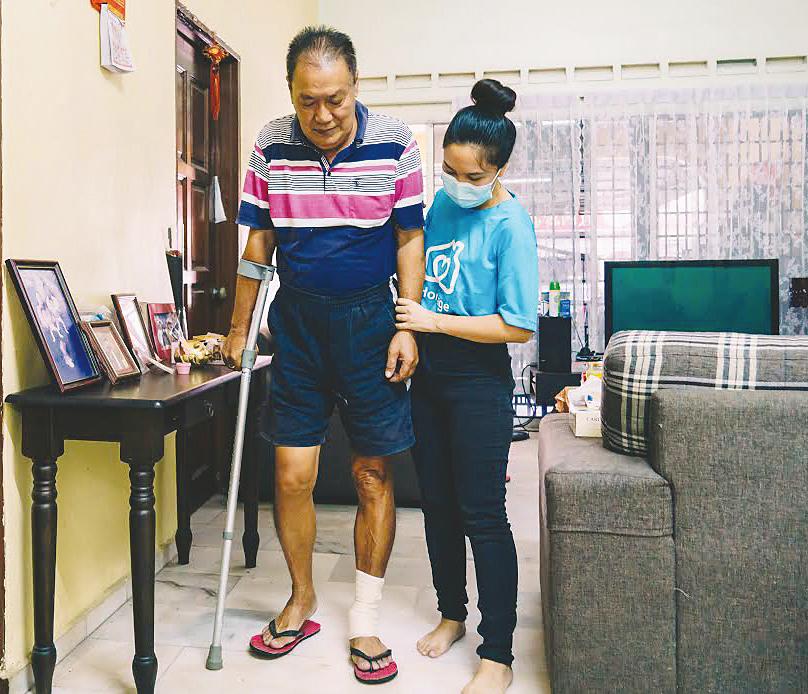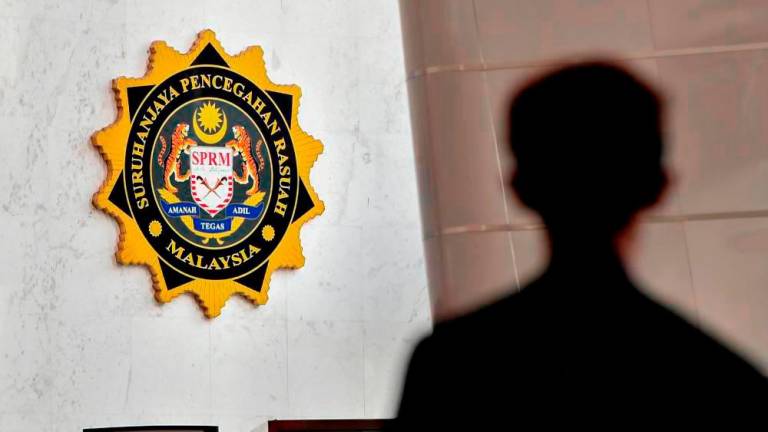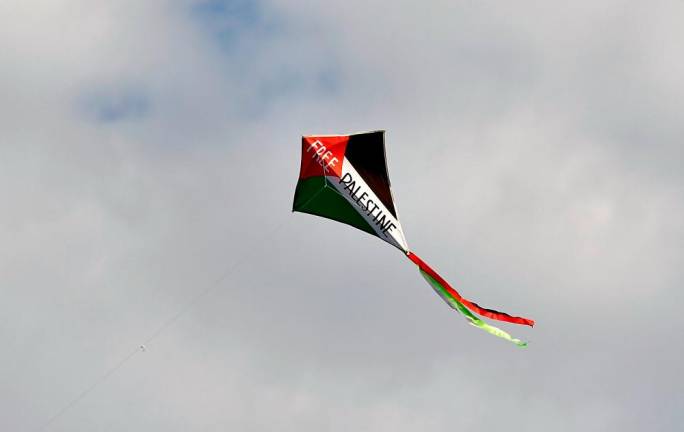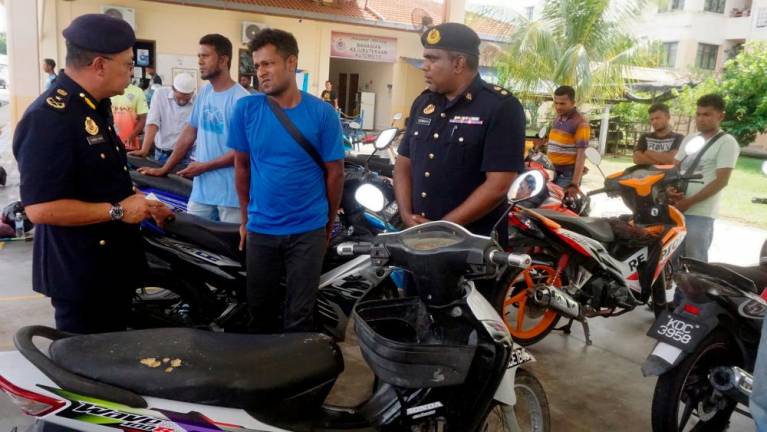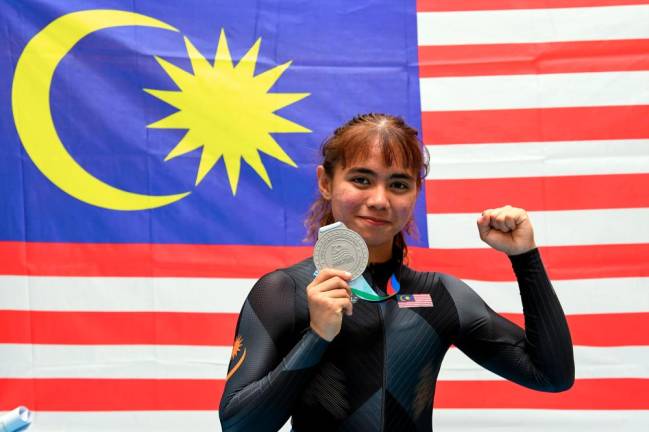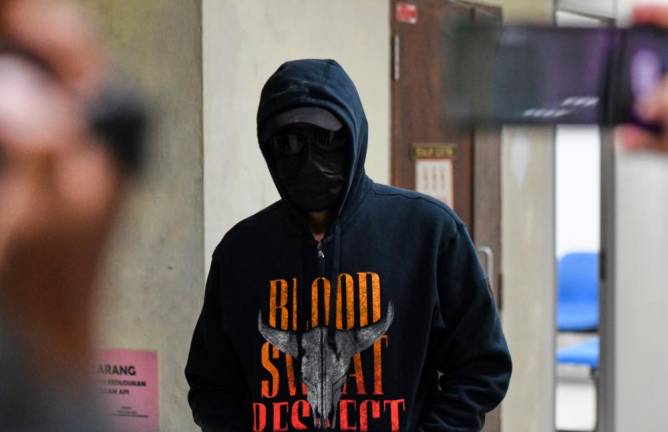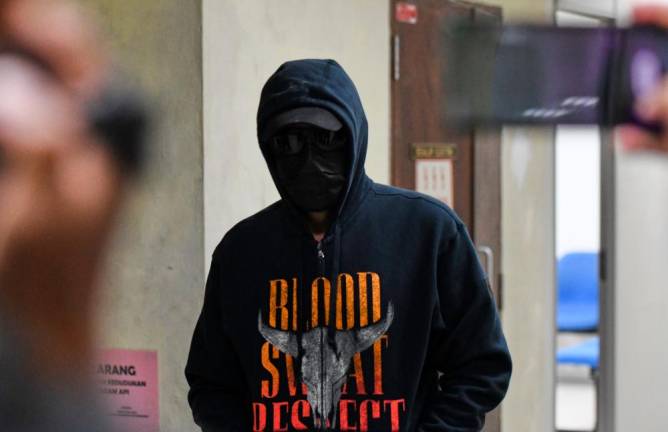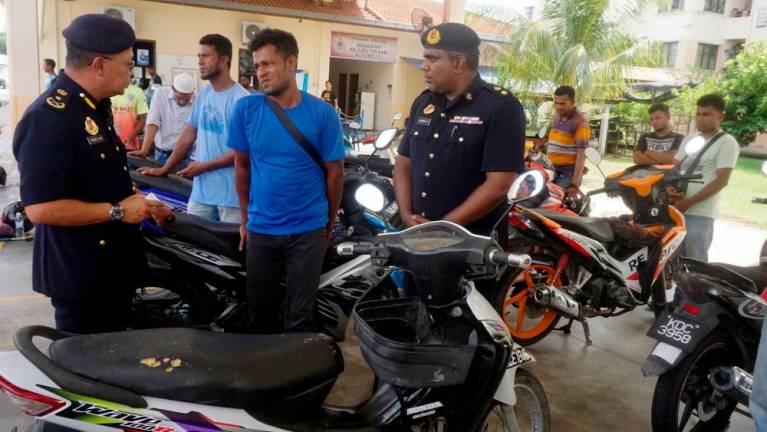PETALING JAYA: The risk of senior citizens failing to receive proper care and attention looms large in Malaysia.
The country crossed the threshold that “qualifies” it as an aged nation when the ratio of the elderly surpassed 7% of the total population last year.
However, according to the Malaysian Healthy Ageing Society (MHAS), the quality of care for the aged remains “very poor”.
The problem is only going to get worse. With lifespan lengthening, those aged 65 and above will account for at least 15% of the population by 2030.
MHAS president Dr Wong Teck Wee said the data should prompt the country into revising the state of aged care.
Malaysia spends less than 1% of its gross domestic product (GDP) on aged care, very low compared with other countries.
However, money is not the only criterion that determines quality of elderly care. Singapore also spends less than 1% of its GDP on aged care but it has managed to do it successfully, Wong said.
“I believe it has to do with the higher quality of established structures compared with ours,” he told theSun.
He pointed out that Singapore and many western countries have developed mobile nursing care and mobile home rehabilitation that enable seniors to receive care in the comforts of their home.
“Malaysia should set up more day-care centres where children can drop off their elderly parents before they go to work and pick them up after work.
“Meanwhile, the elderly person gets the opportunity to interact with others, be fed and given simple treatments (for their ailments).”
He said the government could also help by educating seniors on how best to look after their own health. “Today, we are living longer, but not healthier,” he noted.
He said the government should also consider raising the retirement age to enable seniors to continue to contribute to society.
“If our seniors are living more healthy lives and are still contributing to society, it will benefit the nation,” he said.
The Third Age Media Association, an organisation with an interest in seniors, told theSun that care centres and nursing homes in Malaysia are too costly but do not provide “decent facilities”.
Its founding president, Cheah Tuck Wing, said it could cost a minimum of RM3,000 a month to live in one of such nursing homes, yet the residents are not getting value for money.
“The caregivers are not even properly trained to take care of the elderly.”
He said some of the nursing homes are too profit-oriented, with some premium homes charging upwards of RM10,000 a month.
“This will be a major issue for those in the B40 and lower M40 groups, simply because they will never be able to afford it,” Cheah said.
He said there is an urgent need for the government to step in and find a way to provide more affordable aged care in the country.
“One way is to set up a new department that prioritises the needs of the elderly,” he said.
“Given that the budget for elderly care also comes under the Women, Family and Community Development Ministry, it is difficult to find out how much exactly is being invested into improving aged care.”
He said digital platforms such as Homage Malaysia could serve the needs of the elderly.
Homage Malaysia, which offers its services in the Klang Valley, Penang and Johor, enables seniors to search for services they need and pay as low as RM29 an hour. More than 1,000 nurses, caregivers and therapists are on its team.
New technology also enables the elderly to consult their doctors virtually, and place orders for medication online and have it delivered to their home.



